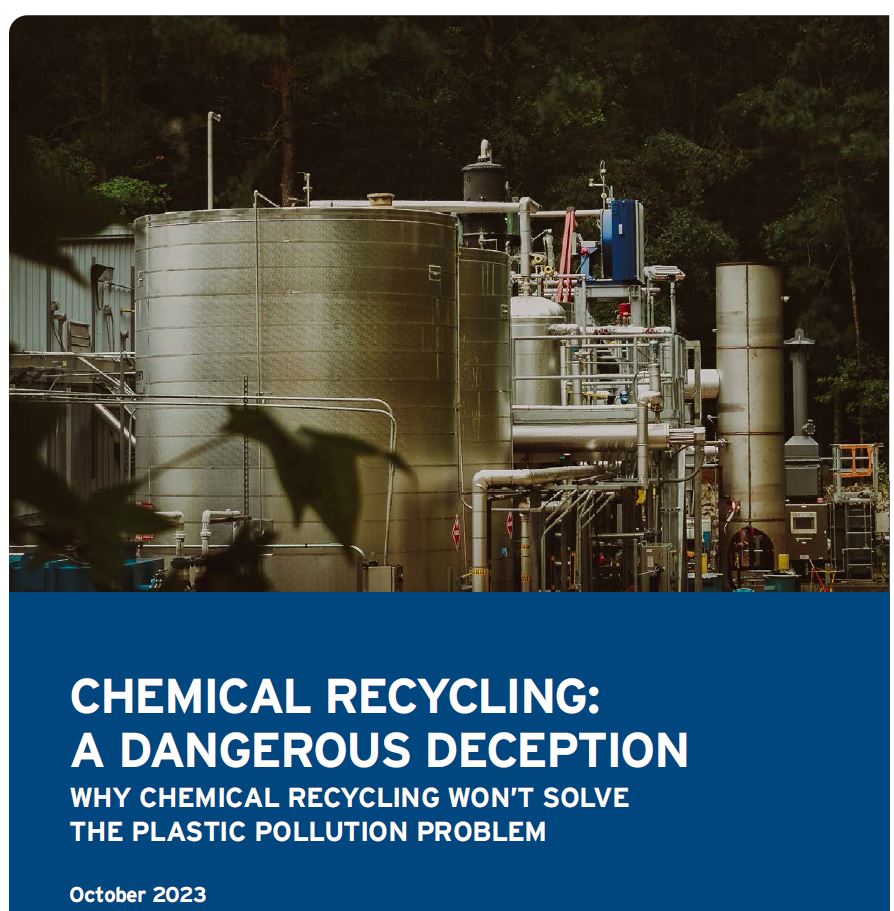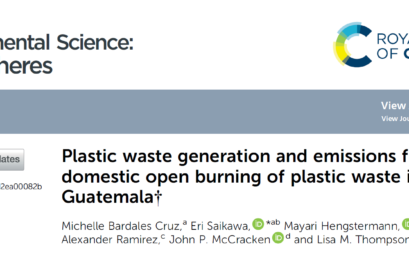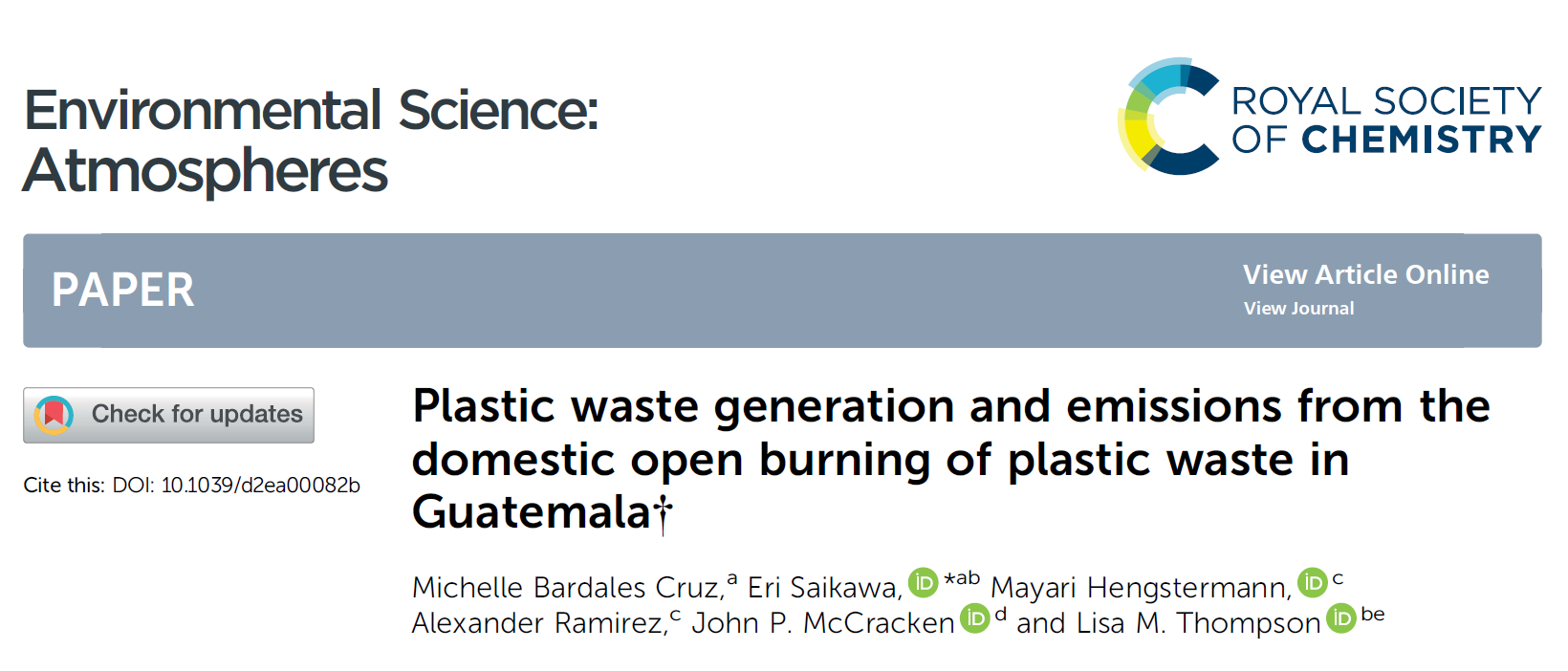

Chemical Recycling: A Dangerous Deception, Beyond Plastics
This report has been prepared to address the plastic industry’s claims that chemical recycling, also known as “advanced recycling,” can play a significant role in reducing global plastic pollution. The science and data currently available do not support this claim and actually point to the conclusion that chemical recycling would support expansion of plastic production, […]
This report has been prepared to address the plastic industry’s claims that chemical recycling, also known as “advanced recycling,” can play a significant role in reducing global plastic pollution. The science and data currently available do not support this claim and actually point to the conclusion that chemical recycling would support expansion of plastic production, while potentially causing unacceptable levels of environmental and social harm — as well as impacts on human health — through emissions, waste generation, energy consumption, and contaminated outputs. Highly informed and experienced delegates at the 2023 Conference of the Parties to the Basel Convention on the Control of Transboundary Movements of Hazardous Waste and Their Disposal (hereafter the Basel Convention) did not agree to include chemical recycling in the global technical guidance on the management of plastic waste. The delegates overwhelmingly rejected its inclusion because it could not be demonstrated that chemical recycling met the threshold of environmentally sound management (ESM). This report identifies many of the technical and economic reasons why chemical recycling is not considered environmentally sound, will not effectively address plastic pollution in any meaningful way, and should not be supported with public funds, subsidies, tax breaks, or similar instruments. Chemical recycling is not anticipated to be commercially viable, and any economic risks associated with its investment should be borne by those responsible for plastic production, not the public. Chemical recycling is not new or advanced, as it is based primarily on technologies such as pyrolysis and gasification that have struggled technically and commercially to process such wastes for decades. The majority of the output is not feedstock for new “circular” or “green” plastic but petrochemical fuels that will be burned, creating toxic emissions and emitting greenhouse gases. Every step of these technologies is expensive, polluting, and energy-intensive, from pretreatment and thermal processes to output cleanup. Many chemical recycling companies use fossil fuel energy to turn petrochemical-based plastics back into fossil-derived fuels to burn, creating a polluting, carbon-intensive merry-go-round. U.S. government researchers have concluded that the economic and environmental impacts of pyrolysis and gasification are likely to be 10 to 100 times higher than those of virgin polymer production, casting serious doubt on the environmental credentials of the sector (see Appendix 1: U.S. Case Studies on page 80).
 Cargando...
Cargando...







